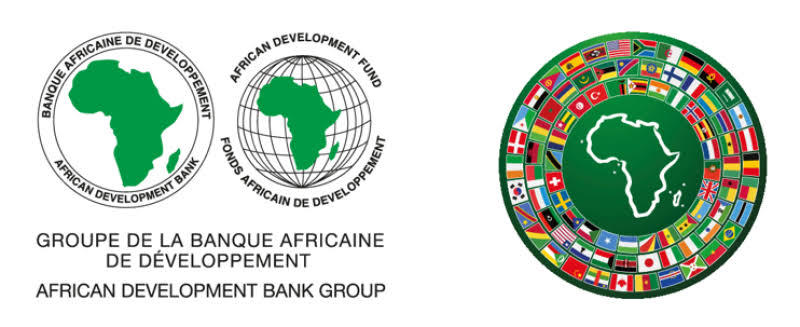The African Development Bank (AfDB) has revised its economic growth forecasts for Africa, projection a slowdown in the continent economic expansion.
According to the bank’s latest report, Africa’s economic growth is expected to decelerate to 3.9% in 2025 and 4% in 2026.
### Factors Contributing to the Downgrade
Several factors have contributed to this downward revision, including:
– *Global Economic Uncertainty*:
The ongoing impact of geopolitical tensions, trade policy shifts, and economic instability in major economies has led to a decline in global demand for African exports.
– *Trade Policy Shifts*:
Changes in trade policies of major economies have resulted in reduced investment flows and decreased demand for African goods, affecting the continent’s economic growth.
– *Supply Chain Disruptions*:
Disruptions to global supply chains have impacted Africa’s ability to export goods, further exacerbating the economic slowdown.
### Impact on African Economies
The downgraded growth projections have significant implications for African economies, which are already facing challenges such as:
– *Debt Distress*:
Many African countries are struggling with high levels of debt, which could worsen with slower economic growth.
– *Poverty and Inequality*:
Slower economic growth could hinder progress in reducing poverty and inequality, particularly among vulnerable populations.

### AfDB’s Response
The African Development Bank is working to mitigate the impact of these challenges on African economies. The bank is:
– *Supporting Infrastructure Development*:
Investing in infrastructure projects to improve connectivity and facilitate trade.
– *Promoting Regional Integration*:
Encouraging regional integration initiatives to enhance economic cooperation and increase trade among African countries.
– *Fostering Private Sector Development*: Supporting private sector development to stimulate economic growth and job creation.
### Conclusion
The downgraded economic growth projections for Africa serve as a reminder of the continent’s vulnerability to global economic trends. However, with the right policies and support, African economies can navigate these challenges and achieve sustainable economic growth and development.
